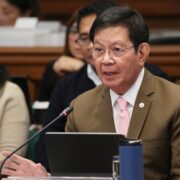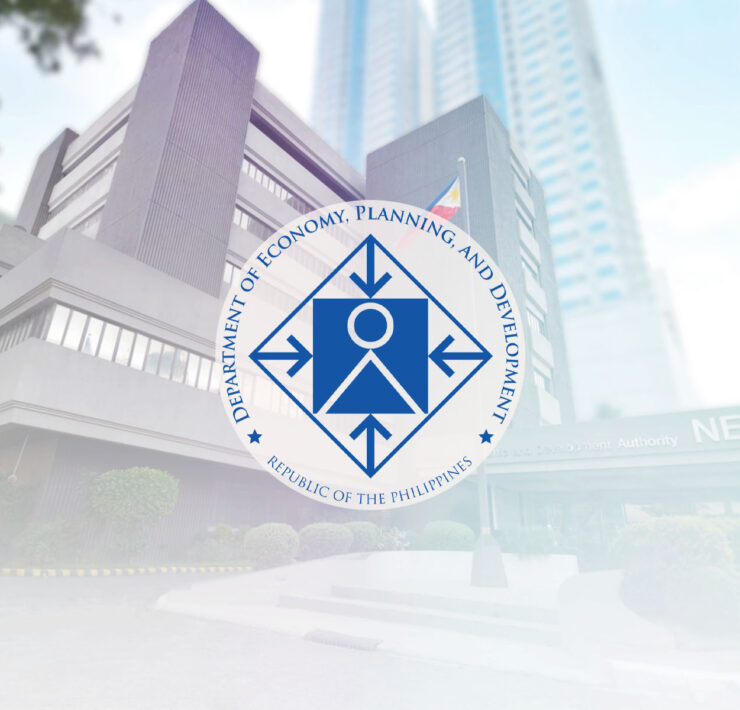Gov’t urged to remove franchise requirement to boost AI adoption

Removing the legislative franchise requirement for service providers would help the Philippines unlock the full potential of artificial intelligence (AI), the state’s socioeconomic planning agency said, calling it a “critical reform” needed to attract more investments in digital infrastructure.
In a policy note released on Friday, the National Economic and Development Authority (Neda) said one of the biggest roadblocks to AI adoption in the country was its “underdeveloped infrastructure,” which can be addressed if there are less barriers to entry of investments.
And one way to significantly reduce those barriers is freeing service providers from the need to secure a permit from Congress before operating.
To note, the Philippines is the only country in the world that requires telecommunication firms to secure a license both from Congress and the regulator.
Experts have said this dual licensing process could hurt smaller players, potentially influencing market entry dynamics. At the same time, history has also shown how the franchising power of Congress can be politicized, which can turn off foreign investors.
“One critical reform is removing the legislative franchise requirement for connectivity service providers, data centers and cloud service providers,” Neda said.
“This change would lower barriers to entry, foster competition and attract much-needed private sector investment in digital infrastructure,” it added.
But Neda said the removal of legislative franchise requirement must be complemented with spectrum management reforms to “ensure efficient allocation and access to the frequencies.”
Institutional oversight
“These measures will enable the accelerated rollout of advanced connectivity infrastructure, bridging the digital divide and supporting AI-driven innovations in areas such as smart cities, health care and Internet of Things ecosystems,” the agency explained.
In the 2023 edition of the Government AI Readiness Index by Oxford Insights, the Philippines slipped 11 notches to 65th place out of 193 countries covered by the report that gave insights for effective and responsible AI integration into public services.
Apart from insufficient digital infrastructure, Neda said other barriers to AI adoption in the Philippines were gaps in technical expertise and “fragmented” governance frameworks.
Neda added that the availability, sufficiency and cost of electricity also hindered the effective and responsible AI integration in the country, particularly for systems requiring large-scale data processing, machine learning and cloud computing.
Moving forward, Neda said strong institutional oversight was essential for effective AI implementation and fostering public trust.
For instance, the agency said having a dedicated body to monitor progress, align policies and engage stakeholders would create a more coordinated and accountable system.
“This oversight body would provide a central platform for addressing concerns, coordinating with sectoral agencies, and tracking the outcomes of AI-related initiatives,” it added.





















